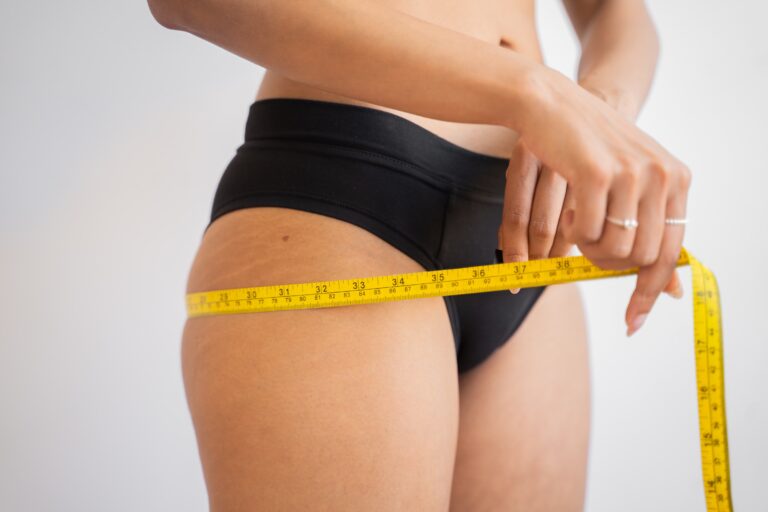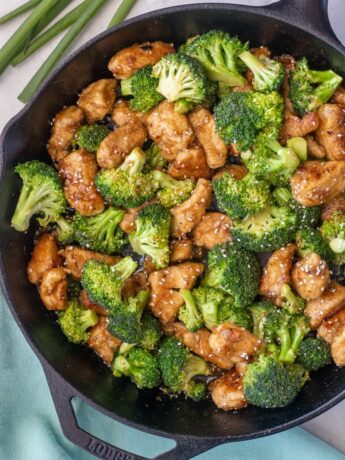Everybody at some point in their lives tries to lose weight. This could be through dieting, exercising, or the newest weight loss pill. (p.s. that doesn’t’ exist.) But to really lose weight, it boils down to one simple thing: healthy eating.
Times Have Changed
There is a well known analogy that our bodies are like an engine, and if that is true, then it must also be true that this engine will perform much better if it receives the type of fuel that it was designed to run on. Before artificially processed and manufactured foods, this wasn’t a problem. Our bodies normally received the correct nutritional balance every day.
But, as more and more families saw both the husband and wife holding down jobs outside the home, the dynamics of eating, exercise and nutrition began to change. “Convenience” and “fast foods” became the norm, and farms were gradually replaced by processing plants. Today, the average meal is so laden with artificial preservatives and saturated fat that our bodies are starving for the ingredients that it needs, and overflowing with the ingredients that they don’t need.
This nutritional imbalance manifests itself through weight problems, skin problems, tiredness, disease, and overall poor health. Although this problem has reached pandemic proportions, you can reverse the effects of poor diet in your own life if you truly want to.
Garbage In – Garbage Out
This phrase is very common in the computer industry, but it’s also very relevant when it comes to our own body. Our body is constantly busy manufacturing the chemicals, fluids, proteins, and tissues that are required to keep us healthy. Food, or rather the nutrition that is derived from food, is what the body depends upon to handle all of these tasks. This is the fuel to make all those tasks run as efficently as possible.
Calories in – Calories Out
On a very simple level, your weight depends on the number of calories you consume (calories in) and how many of those calories you burn (calories out). Each of these factors is influenced by your genes and environment, which can affect how fast you burn calories. The types of foods you choose to eat also plays a very large role. The interplay between all these factors begins at the moment of your conception and continues throughout your life.
Excess calories are stored throughout your body as fat. Your body stores this fat within specialized fat cells either by enlarging them or by creating more of them. If you decrease your food intake and consume fewer calories than you burn up, or if you exercise more and burn up more calories, your body will reduce some of your fat stores. When this happens, fat cells shrink, along with your waistline.
Lose Weight for a Healthier You
These excess fat stores not only affect our physical appearance, but they have a tremendous impact on our overall health. Many studies have shown that excess stored fat is directly linked to many medical conditions, including:
- Increased risk of developing certain cancers.
- Increased risk of arterial and heart disease due to elevated cholesterol levels.
- Increased risk of stroke.
- Increased risk of Diabetes.
- Increased risk of Liver disease.
- Direct impact on the body’s immune system.
These health risks can be avoided by monitoring and reducing the amount of calories that you consume every day. Eat healthy low calorie meals, exercise, and be consistent. Soon will see that number on the scale begin to drop. And more importantly, your risk for health problems reduce significantly.
Check out our calorie calculator to determine how many calories you burn, and how many calories you should be consuming.







